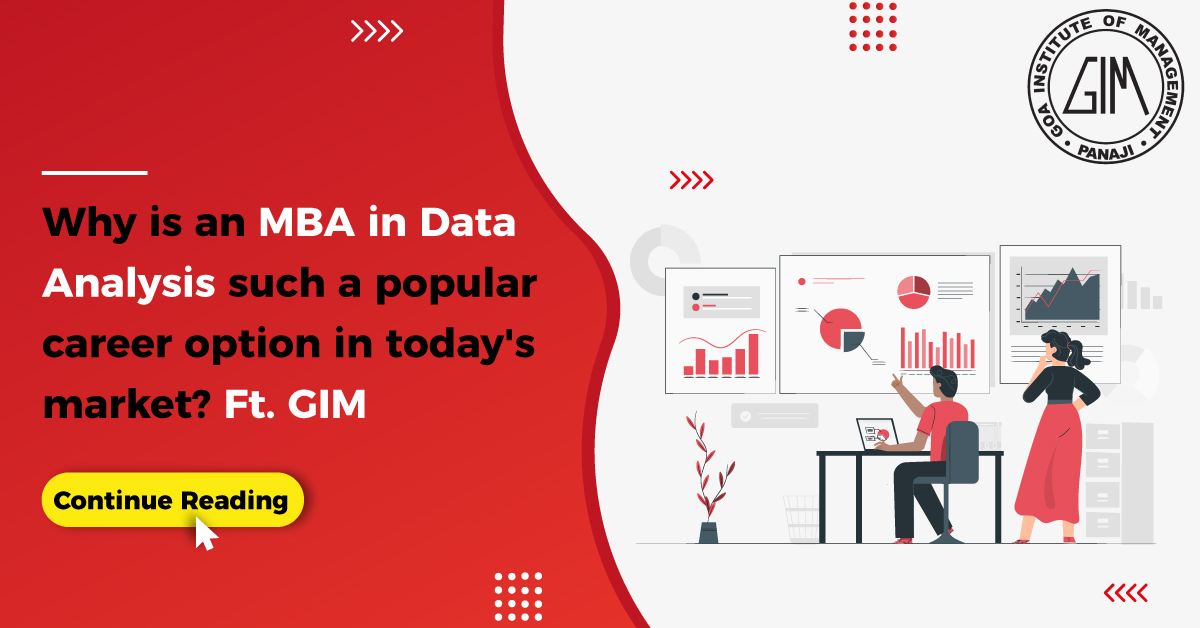
In a world where significant technological developments such as Artificial Intelligence, GPS Navigation are found in every individual’s cellular phone, the pervasiveness of technology in every sector is evident. The area of analytics is one such technology feature that is always valuable in various domains. Analytics is a method of learning and planning from a previous collection of facts and applying that learning to improve future decisions successfully. The discipline of data analytics effectively increases the productivity of any organisation, giving rise to the fascinating topic of big data analytics. Because the breadth of big data analytics is ever-expanding, this topic is attracting a large number of people, whether they are students, companies, or industry specialists.
History of Analytics – A Timeline
While many might recognise the onset of analytics as a reasonably modern system, the reality starkly differs. The roots of analytics and data preservation can be traced back to the onset of civilisation. The need for man to document his actions and then reflect on them to learn from past trends was the driving force behind the realm of data analysis.
In the early 1800s, the legendary genius, Fredrick Winslow Taylor, decided to apply analytics to business operations, hence giving the foundational base for data analytics today. His invention innovation was exemplary in its true sense, thereby giving him the title of ‘Father of Scientific Management.
Jumping to the 1990s, Gartner introduced the landmark Enterprise Resource Planning System to provide end-to-end and efficient operational insights to any organisation. There was no stopping henceforth. Whether it’s the rise of Google Analytics or the debate over “how big is big data?”
MBA Business Analytics: Program Design and Execution
An MBA degree in Business Analytics offers a comprehensive approach to instilling all the skills required to excel in the field. The top industry practitioners are usually the ones guiding the students on the basics of data analytics. It is not only about the technical aspect of it, but the business management aspect too. Hence, the business analytics course is very multidisciplinary.
This course aims to facilitate such learning for students to become industry leaders in the future and understand all the basics of Big Data Analytics. Interactions with industry leaders, professionals, and academicians lead to a holistic understanding of the subject. The course components involve data aggregation, data cleaning, analytical methodology, evaluation, validation, reporting and visualisation.
Of the available tools, they are given exposure to statistical techniques, information system software like data mining, data sorting, etc., and operations research. Additionally, industry exposure through internship or job opportunities ensures that the B-schools polish the students into seasoned professionals.
Data Analytics Essential Skills
One must have some essential skills to dive into the path of data analytics. Some of these skills are:
- Critical Thinking
- Analytical Ability
- Quantitative Aptitude
- Visualisation Skills
- Organisational Ability
- Communication Skills
- Statistical Knowledge
- Report or Document Writing Skills
Career Options After Data Analytics
A degree in Business Analytics opens up a plethora of opportunities to make a name for oneself in the corporate world. Some of the job roles that one can pursue after a degree in business analytics are:
- Business Analyst
- Financial Analyst
- Marketing Analyst
- Financial Advisor
- Business Analytics Specialist
- Supply Chain Analyst
- Management Consultant
- Operations Analyst
- Leading recruiters in data analytics
Data Analytics at GIM
With such lucrative employment opportunities and a broad vista ahead of you, choosing a career in Business Analytics is a fantastic way to flourish in today’s world. Ranked among the top PG Analytics courses in the country by leading analytics magazines like Analytics India Magazine and Analytics Insight, students can pursue a BDA in PGDM degree at Goa Institute of Management. GIM’s curriculum structure is designed to provide a 40:60 ratio of business knowledge to BDA-related experience. The exceptional data science laboratory at GIM offers the facilitation of all the needed datasets for the students to experiment on, ensuring practical exposure. This BDA laboratory also has all of the necessary analytics tools for a hands-on learning experience.
Collaboration with industry professionals, an integrated curriculum, and a five-month-long industry internship projects are some of the primary aspects of the Data Analytics programme at GIM, which is now an excellent alternative for students.
Top Recruiters for Data Analytics
Some of the best firms hire students who have completed a degree in Business Analytics. Among these top organisations are Boston Consulting Group, Morgan Stanley, McKinsey & Company, Microsoft, Accenture, Deloitte, Amazon, Google, Facebook, Wipro, and HCL.
To learn more about Business Analytics and other courses available at GIM, please visit: Goa Institute of Management (GIM) 2021-23 Admissions Helpdesk (Official)
